
Are you a student teacher preparing for your first teaching placement placement? This ultimate guide offers essential tips, advice, and strategies to help you succeed in your first teaching experience.
This site contains affiliate links, view the disclosure for more information.
What to Expect During Your First Teaching Placement
Gearing up for your teaching placement is so exciting! But whether it’s your first placement or your last, it can still be a little scary and even overwhelming at times. There are so many things to think about. From lesson planning to managing a classroom, to building relationships with just about everyone! It is a lot of work, there’s no easy way around that. However, this guide is here to help. Here you will find tips and tricks to help you prepare, stay confident, and succeed every step of the way.
Looking back on my teaching placements, I definitely had a mix. Some went so well that I absolutely loved every moment. At the same time, others were more challenging in many different ways. That’s why I wish I’d had a guide like this back then. Something to help me navigate the highs and lows, build strong relationships, and feel confident stepping into the classroom. In this post, I’ll share practical tips and advice to help you prepare, succeed, and make the most of your first teaching placement. Whether it’s lesson planning, managing your nerves, or building relationships with your mentor teacher and students, this guide has everything you need to thrive.
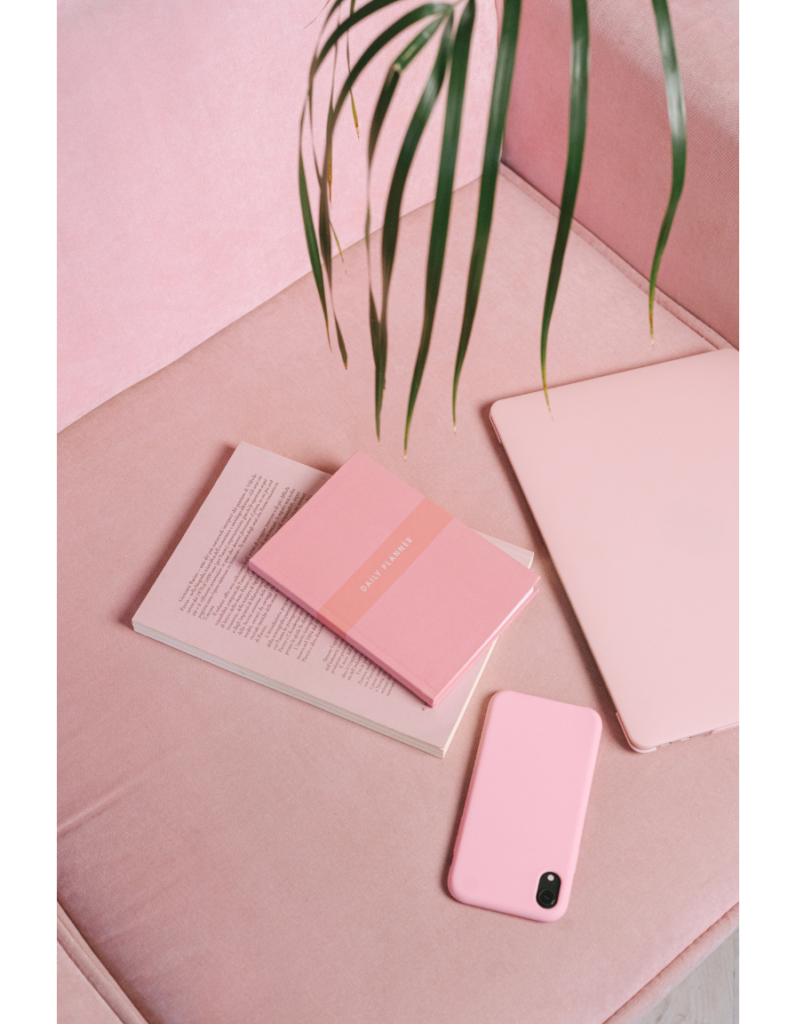
How to Prepare Before Your Teaching Placement Starts
Preparation is key to making a great first impression and feeling confident on your first day. Here are a few steps to help you get started:
- Research your school: The first thing I would do, is have a really good hunt through the school’s website, I’m talking through every tab, section, heading etc. Reading through anything that could help you gain a better understanding of what to expect from day 1. A hidden gem is finding the staff page. This will help you familiarize yourself with names and faces before you even arrive.
- Connect with your mentor: Flick your mentor an email. Briefly introduce yourself, and send them an outline of what your teaching placement should look like. Include what’s expected from you as the student and what’s expected from your associate teacher. This shows that you’re serious about this teaching placement while also giving your associate teacher time to prepare (I know I appreciated this when I was a mentor teacher)
- Organise your teaching supplies: You don’t need much on the first day! Please don’t come to school with piles of worksheets already printed out ready to go, clear files, organisers etc. For the first day, this is unnecessary and will probably overwhelm you and even your mentor teacher.
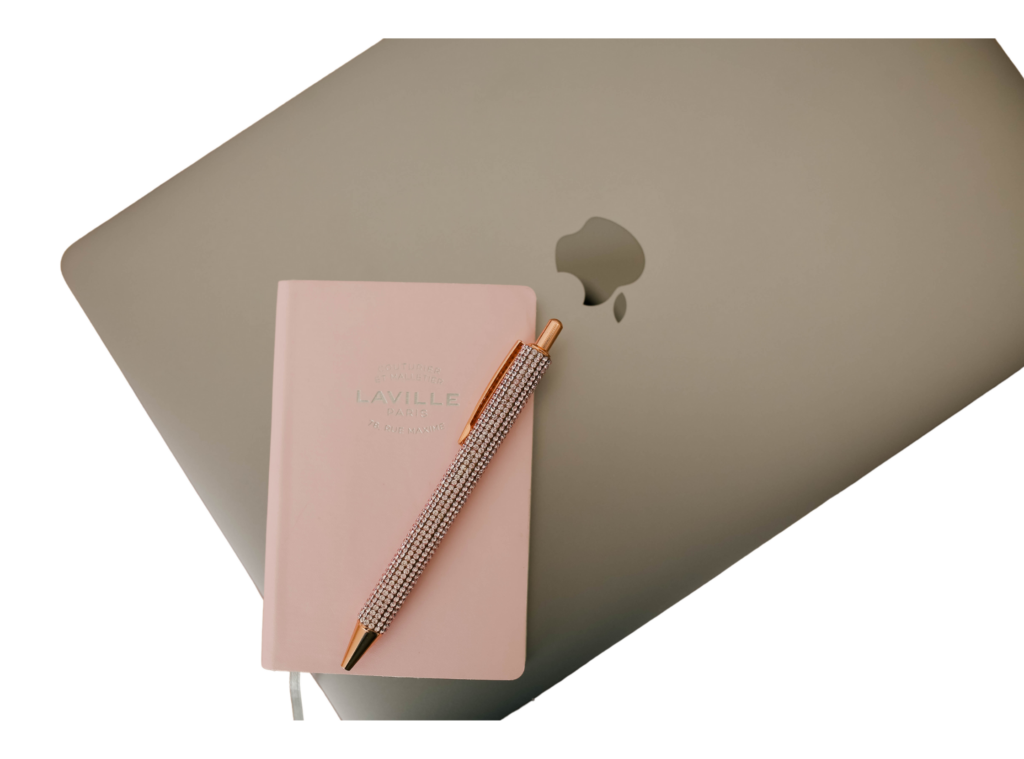
All you need is:
- Laptop
- Notebook
- Pen
- Set Goals: I’m sure your university is getting you to do this anyway but have a think about what skills you want to develop and what you want to get out of this experience. Setting clear goals will help you stay focused and track your progress throughout the teaching placement.
Building Strong Relationships in Your Teaching Placement
I feel like this is the first thing you get told and you will hear it over and over again. It’s an obvious one but SUPER important. It isn’t just about building relationships with students, but also your mentor teacher, staff and even parents.
- With Your Mentor Teacher: Be open to feedback, ask questions, and show initiative. This is key to a successful teaching placement.
- With Staff Members: Introduce yourself to the staff and show respect for their roles. Collaboration will help you feel like part of the team. Sit in the staffroom for lunch as often as you can.
- With Students: Take time to learn names, show genuine interest, and establish boundaries to maintain respect. Usually your first week of placement you get to spend observing and getting to know the kids. Make the most of this time because once you’re a teacher, you don’t get the opportunity to sit back and get to know your kids while someone else teaches them.
- With Families: Talk to parents during drop off and pick up. If you can, go to a couple of parent/teacher conferences. Make the most of these opportunities to observe and learn from your mentor.
Lesson Planning and Classroom Management Tips for Beginners
Lesson planning and classroom management can feel like a lot, but these strategies will make it easier:
- Effective Lesson Plans: When you’re a student teacher, the expectation for your lesson planning is crazy! I can assure you, that you will never have to plan that detailedly again. However, for now, it’s better to be overprepared so just play the game.
- Be prepared to be flexible, lessons won’t always go as planned.
- Engaging Activities: When you’re planning a one-off lesson or a small sequence of lessons, you get the chance to be much more creative and fun with your planning. Use interactive and creative activities to keep students interested and motivated. Don’t just stick to worksheets and textbooks, the students will love you for it.
- Classroom Management: Don’t be afraid to redirect behaviour if needed. Establish clear expectations and use positive reinforcement to maintain a productive learning environment.
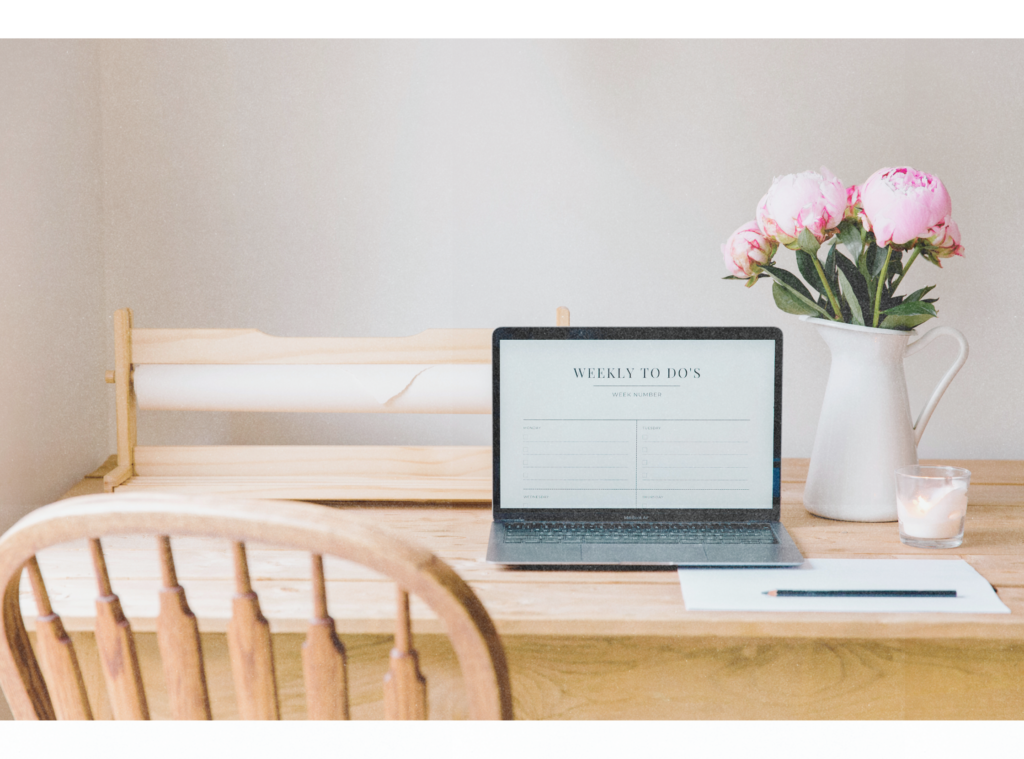
Observations
The dreaded observations. If you’re anything like me you’ve definitely had your fair share of nerves before and during an observation. I’m here to help
- Nerves are a good thing it means you care. Therefore, it is actually so fine to be nervous.
- They are there to help you: Whether it’s your mentor or a lecturer, they aren’t there to tell you that you’re not doing a good job. They are there to give you feedback and help you improve. Even the most perfect lessons can still improve.
- It’s ok if the lesson doesn’t go to plan. In fact, it’s normal. Your lecturer won’t actually be worried if you haven’t followed your lesson word for word. They will be looking at why you made the decisions you did and how you handle things if they don’t go to plan. You just need to back yourself and your decision making and you will be just fine.
Navigating Challenges During Your Placement
Every teaching placement comes with its own set of challenges, but these tips will help you overcome them:
- Handling Feedback: You really should want your mentor teacher to give you constructive criticism and feedback as often as possible. Be open-minded about it and take it on board, it’s a key part of your growth as a teacher.
- Staying Flexible: Schools are super busy and the timetable is changing on a daily basis. Be ok with things interrupting your schedule. Always have some time filler activities ready to go if your lesson doesn’t take as long as you think it will.
- Managing Stress: Remember to take breaks, practice self-care, and reach out for support when needed (that is what your associate/mentor teacher is there for)
Reflecting on Your Placement: Learning and Growing as a Teacher
Reflection is one of the most important steps in becoming a successful teacher. Reflect on Literally everything.
- Using Feedback: Review feedback from your mentor teacher and think about how you can apply it to improve.
- Tracking Growth: Keep a journal or portfolio to document your successes, challenges, and lessons learned.
- Notebook: Bring a notebook, so you can write down everything you see that is worth noting. It’s quicker than taking out your laptop and you can also take it everywhere with you.
- Note down everything (big or small) On my first day of placement I would write down literally everything I saw my mentor teacher doing 😅. From morning meetings to transitions to positive reinforcement. I wrote down EVERYTHING.
- Preparing for the Future: No matter how amazing your mentor teacher is, there will be things you will do differently in your classroom. Consider what you want to improve on, and what you’d like to do differently in your next teaching placement and set new goals.
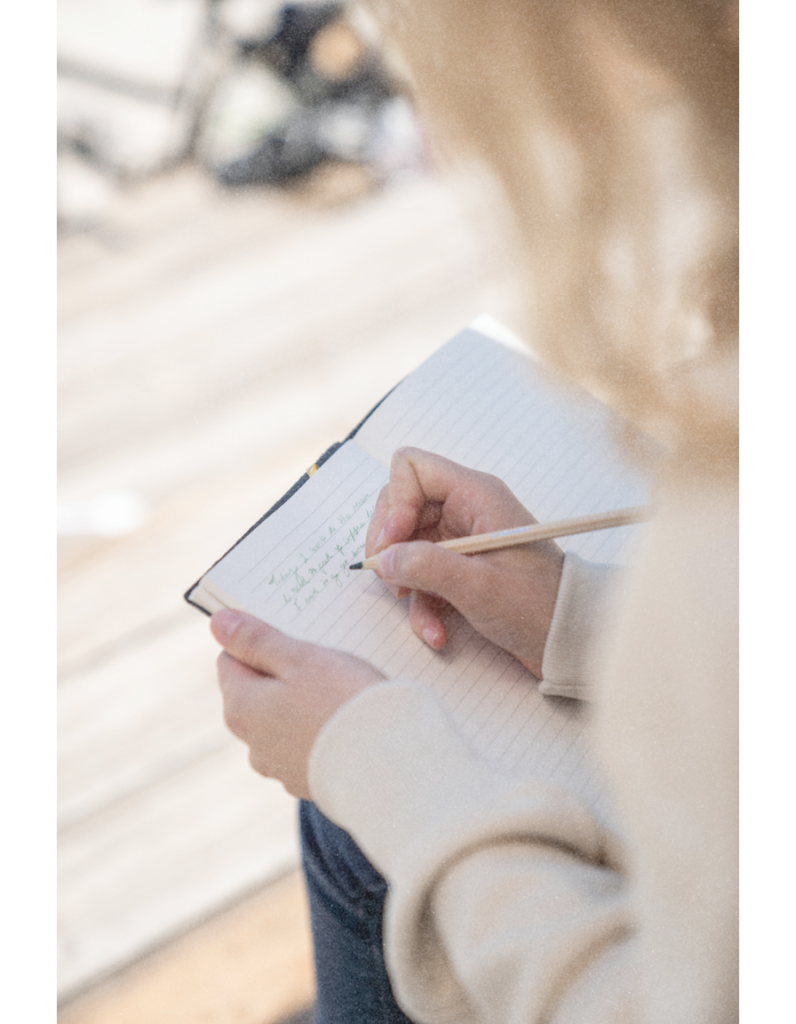
Resources for Student Teachers
Having the right tools and resources can make your placement smoother and more enjoyable. Here are a few recommendations:
- Lesson Planning Tools: Websites like Teachers Pay Teachers or Canva can help you create professional and engaging lessons.
- Classroom Management Strategies: How are you going to promote kindness in your classroom?
- Self-Care Tips: Make sure you maintain a work/life balance. Easier said than done I know. But try to have at least one thing that you do a day for yourself. Whether that’s putting a facemask on or watching your favourite TV show, it’s up to you.
Ready to Succeed in Your First Placement?
Your first teaching placement is just the beginning of an exciting journey. Embrace every moment, and remember—you have the passion, resilience, and dedication to succeed.
Your placements are a massive step in your journey to becoming a classroom teacher. This is where you learn the most valuable lessons out of your whole teaching degree. Remember every placement, whether it goes perfectly or has its challenges, will contribute to you as a classroom teacher.
As your placement comes to an end, make sure you thank those who supported you through it. Thank your mentor. They do a lot of work behind the scenes that you won’t even be aware of. Go out of your way to thank the principal, it goes a long way and they will remember it. Building these relationships with your mentors and colleagues can open doors for future opportunities.
Reflect on what you’ve learned, celebrate your progress, and set goals for your next placement (or classroom😊). Whether it’s fine-tuning your lesson planning, improving classroom management, or strengthening your student relationships, there’s always room to grow
I hope this guide was useful. If you follow these steps, you are sure to get the absolute most out of your placements. Your teaching placements are just the beginning of an exciting journey. Let me know how you get on in the comments 💛
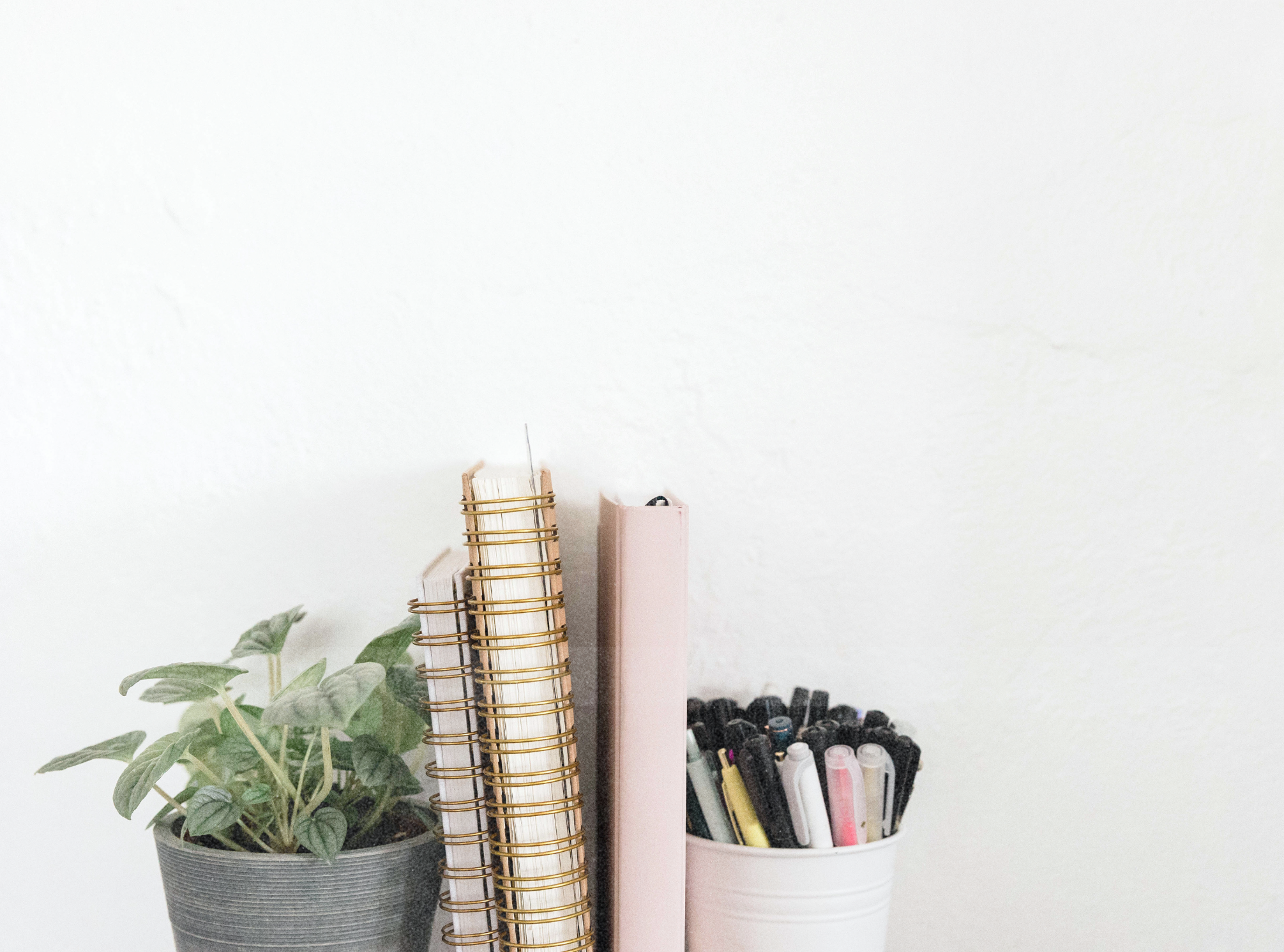

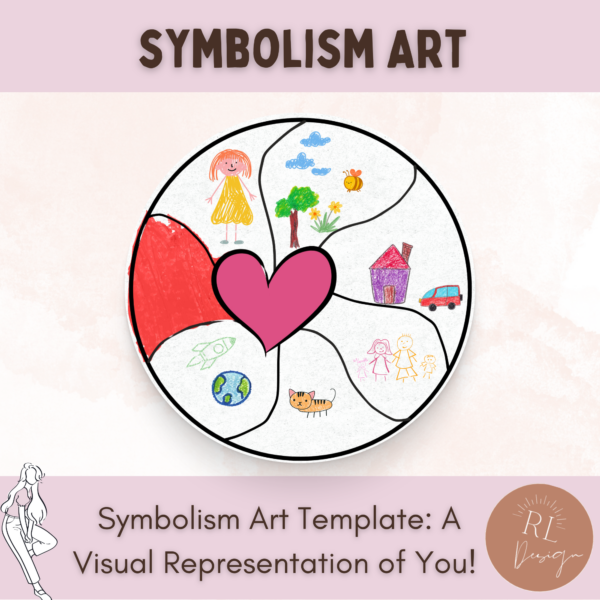
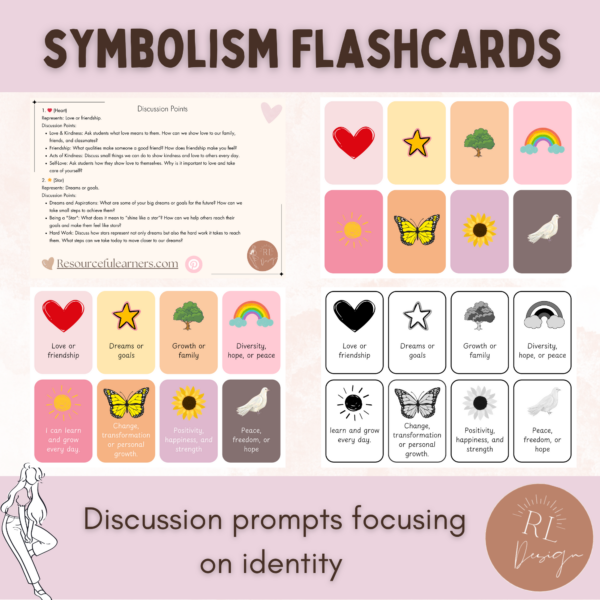
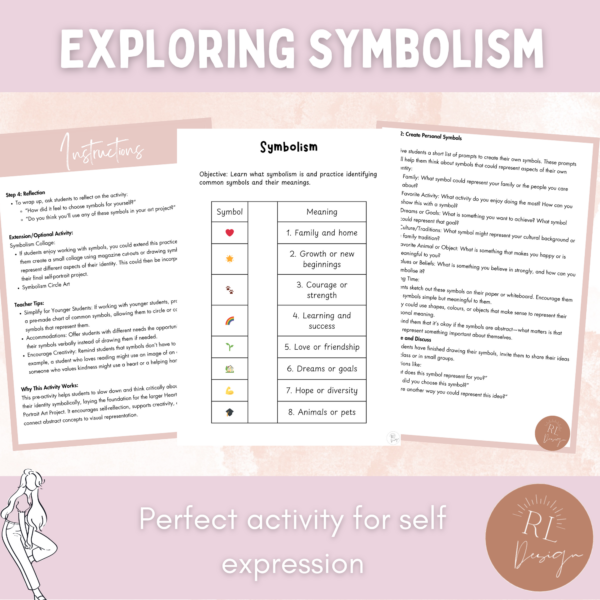
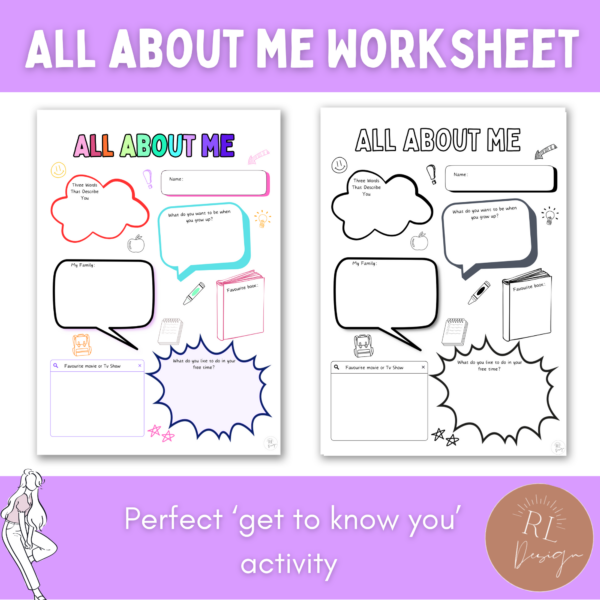
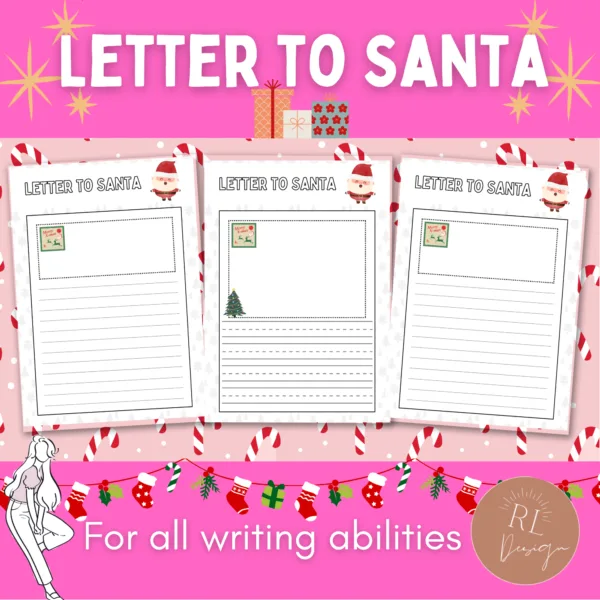
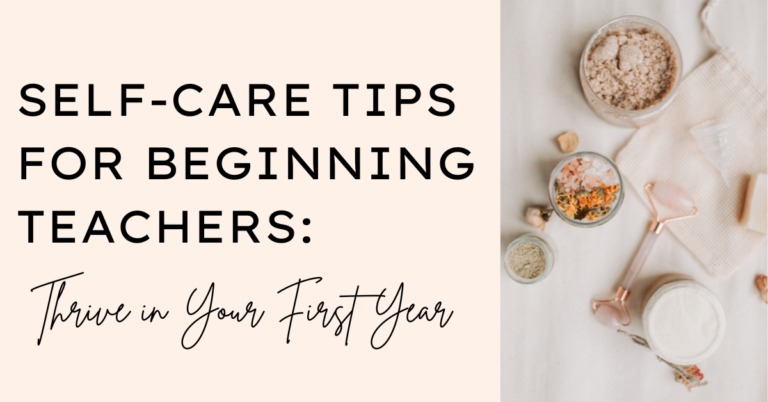
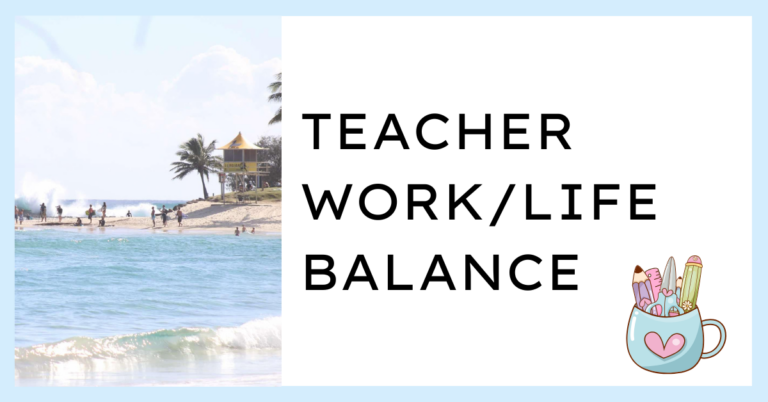
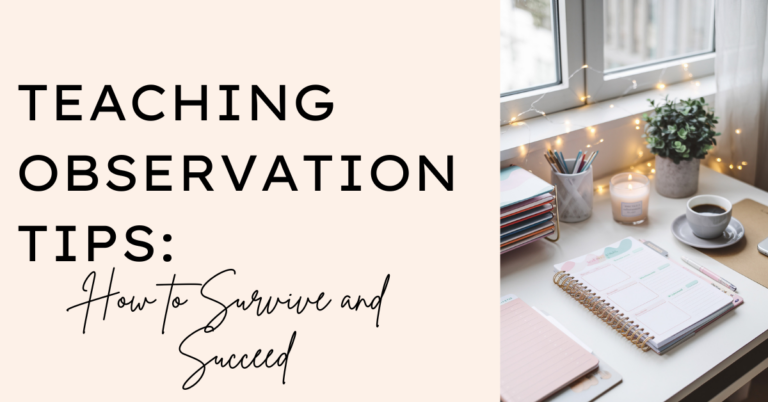
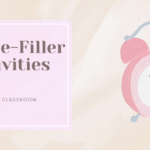

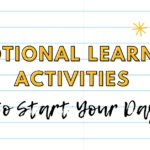
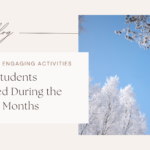
Leave a Reply